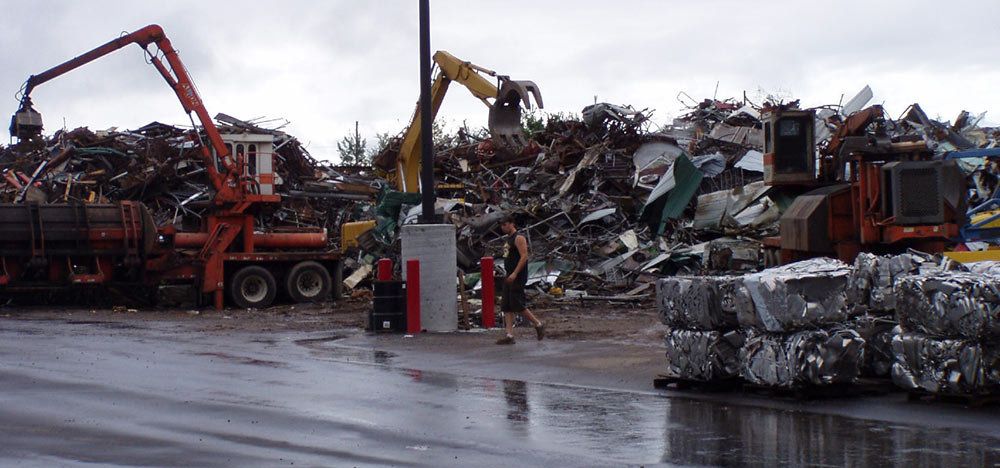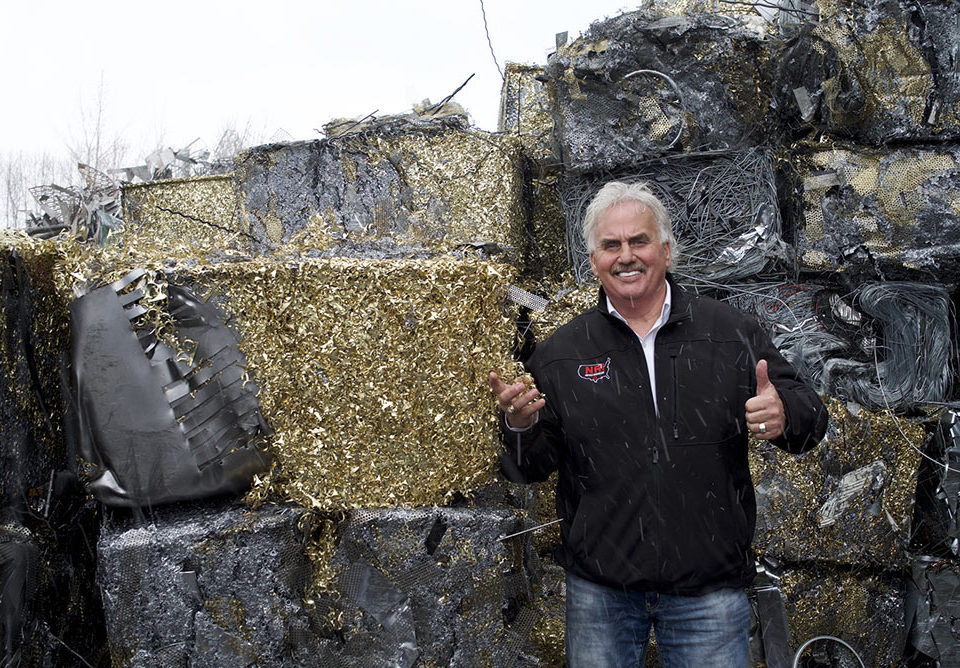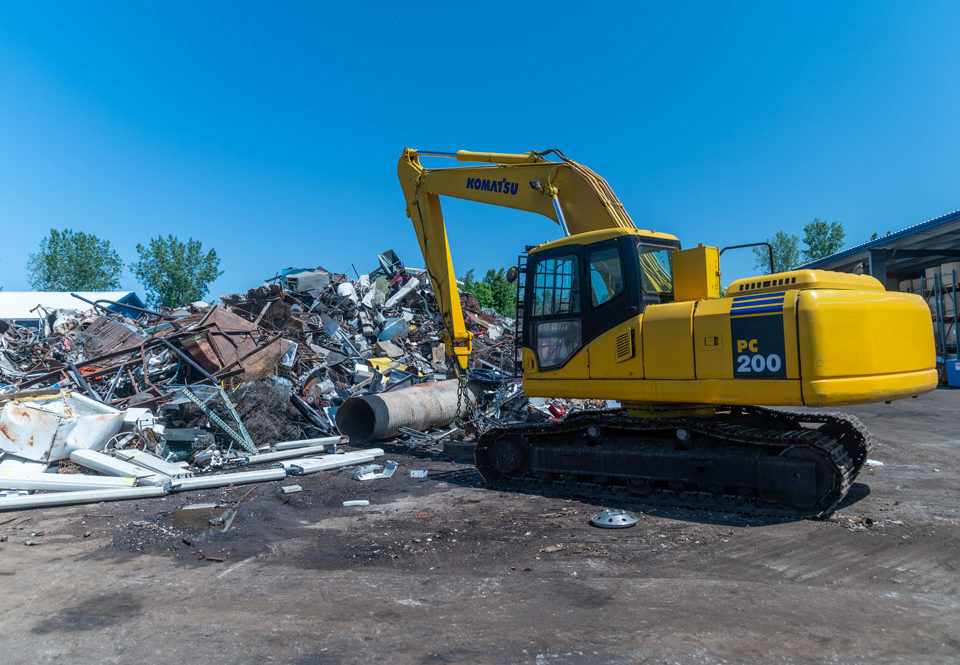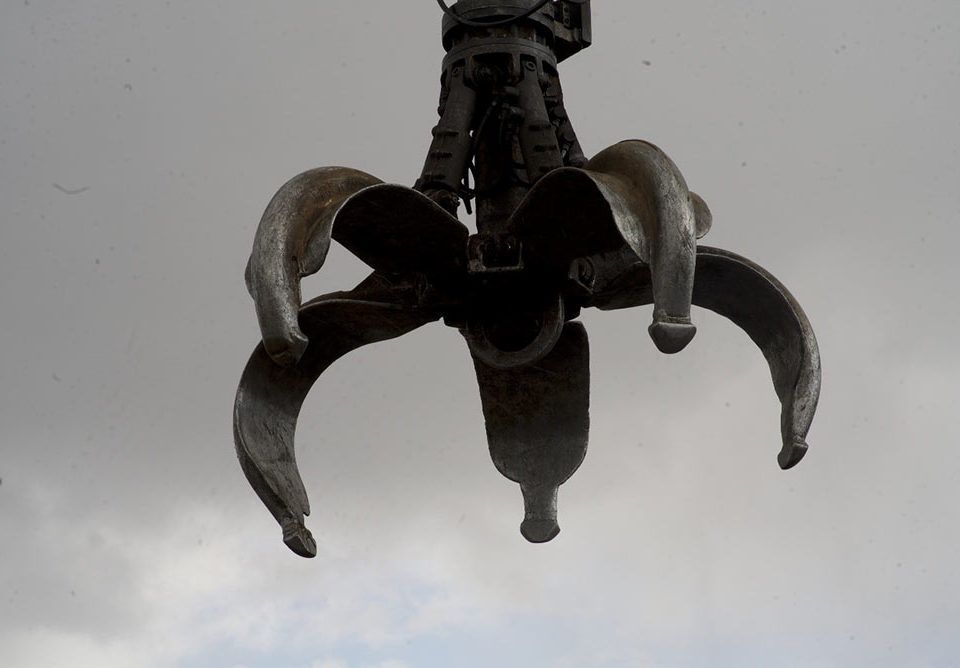
Scrap metal refers to discarded metallic materials or products that can be recycled and reused. These materials may include car parts, building components, or surplus from various projects. The value of scrap metal can vary depending on the type and condition of the material. For all of your scrap metal needs in the Twin Cities, MN area contact NRI Metals Recycling.
Scrap metal can originate from both commercial and residential sources. Metals, whether ferrous or non-ferrous, serve as essential secondary raw materials in the production of new metals.
Due to its ability to be recycled multiple times, scrap metal holds significant market value. Electricians might have leftover cables and equipment, plumbers might have copper pipes and brass fixtures, and construction companies may dispose of steel beams.
Unfortunately, a lack of awareness and resources for recycling often leads to scrap metal being discarded in landfills.
Identifying Ferrous and Non-Ferrous Metals
The first step in metal recycling is distinguishing between ferrous and non-ferrous metals. A simple magnet test can help: ferrous metals are magnetic and will stick to a magnet, while non-ferrous metals will not.
Common non-ferrous scrap metals include those that do not contain iron and are resistant to corrosion, such as copper, brass, aluminum, zinc, magnesium, tin, lead, and nickel.
While ferrous metals, such as iron and steel, are generally less valuable, they can still fetch a good price if collected in large quantities. These metals are commonly found in items like automobiles, furniture, and storage units.
Valuable Non-Ferrous Metals
Brass: Often used in jewelry and various fixtures, brass is made from a combination of copper and zinc. It is a dense metal and can be quite valuable due to its weight. Its color typically ranges from golden to reddish.
Aluminum: Found in many household items, aluminum is highly recyclable. It is commonly found in beverage and food cans, as well as in guttering, siding, and door and window frames. Recycling aluminum saves up to 80% of the energy required to produce new aluminum.
Copper: Widely used in construction, copper is a highly profitable metal to recycle. High-quality copper is reddish, while aged copper can appear dark brown or green. It is often used in plumbing, electrical wiring, gutters, and air conditioning systems.
Why Recycle with NRI?
Recycling metals helps protect the environment and conserve energy. Using secondary raw materials reduces the need for new natural resources and lowers CO2 emissions. At NRI, we utilize the latest technology to process ferrous and non-ferrous metals, ensuring accurate weighing and fair pricing.
By choosing to recycle with NRI, you contribute to a more sustainable future and help reduce the environmental impact of metal production.



